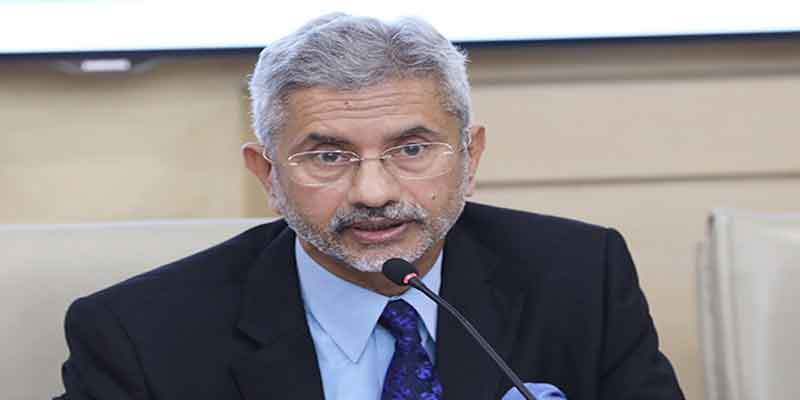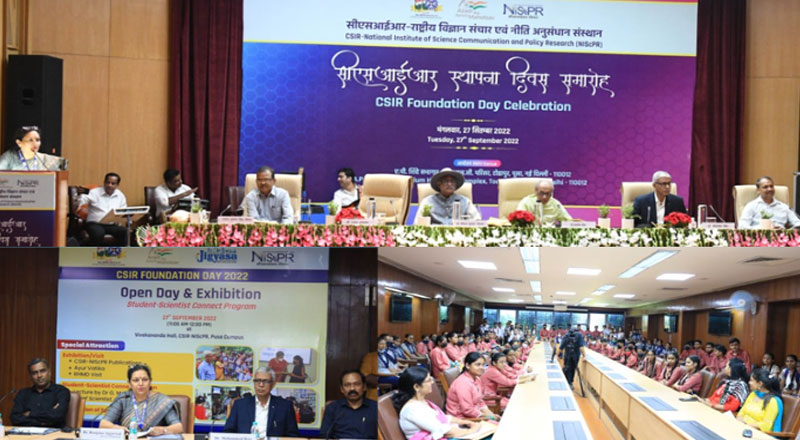Central Asia Condemns Terrorism, India Responds with Gratitude
External Affairs Minister Dr. S. Jaishankar extended heartfelt gratitude to the Central Asian nations for their strong condemnation of the Pahalgam terrorist attack that occurred on April 22, 2025, in Jammu and Kashmir. Addressing the 4th India-Central Asia Dialogue, Dr. Jaishankar said,
"I appreciate that your countries have stood with India and unequivocally condemned this heinous terrorist attack. You have reiterated our shared commitment against terrorism."
The attack, which targeted a group of civilians and security personnel in the popular tourist town of Pahalgam, left the nation in shock. The condemnation from India’s Central Asian partners was not just diplomatic; it was a reflection of growing strategic alignment against global terrorism.
A Bond Forged Through History, Strengthened by Modern Diplomacy
In his address, Dr. Jaishankar emphasized the deep-rooted civilisational links that bind India and Central Asia — bonds shaped over thousands of years through trade, cultural exchange, and spiritual connections. These historic relations, he noted, gained a new momentum post-1992 with the establishment of formal diplomatic ties and were significantly bolstered by Prime Minister Narendra Modi’s visit to all five Central Asian nations in 2015.
The Minister reiterated that India sees Central Asia not just as a neighborhood but as a strategic and cultural extension of its own identity. This shared vision has led to consistent engagement in trade, education, infrastructure, and development cooperation.
Trade, Education, and Development: Building a Shared Future
Highlighting the growing India-Central Asia partnership, Jaishankar pointed to several key developments:
· Direct flights and enhanced connectivity have opened new corridors for tourism and trade.
· A significant number of Indian students are now pursuing higher education in Central Asia, deepening people-to-people ties.
· India has emerged as a reliable development partner with impactful contributions, including:
· Providing medical equipment to hospitals.
· Donating computers to schools.
· Facilitating ICCR scholarships and technology training programs.
· These efforts reflect India’s commitment to inclusive growth and socio-economic progress across the region.
A Dialogue of Strategic Depth
Dr. Jaishankar recalled the first India–Central Asia virtual summit held in January 2022, which laid the foundation for a deeper and broader partnership. In recent engagements, including the India-Central Asia Business Council meeting, key areas such as digital technology, fintech, and inter-bank cooperation were discussed.
India reaffirmed its intent to scale up cooperation in sectors including defense, agriculture, textiles, pharmaceuticals, regional connectivity, education, and new technologies.
“I am confident that this dialogue will bring greater closeness, depth, strength, and breadth to our relations and work in the interest of our people,” Jaishankar concluded.
Final Thought: A United Front Against Common Challenges
The strong and prompt support from Central Asian countries following the Pahalgam attack reflects a maturing geopolitical alliance based on shared values — peace, development, and a collective stand against terrorism. As India continues to engage deeply with Central Asia, the focus will remain on building resilient partnerships that transcend reactive diplomacy and aim for sustainable, people-centric growth. In a fractured global landscape, such unity sends a powerful message: terror will not divide us — it will only strengthen our resolve.
(With agency inputs)


















